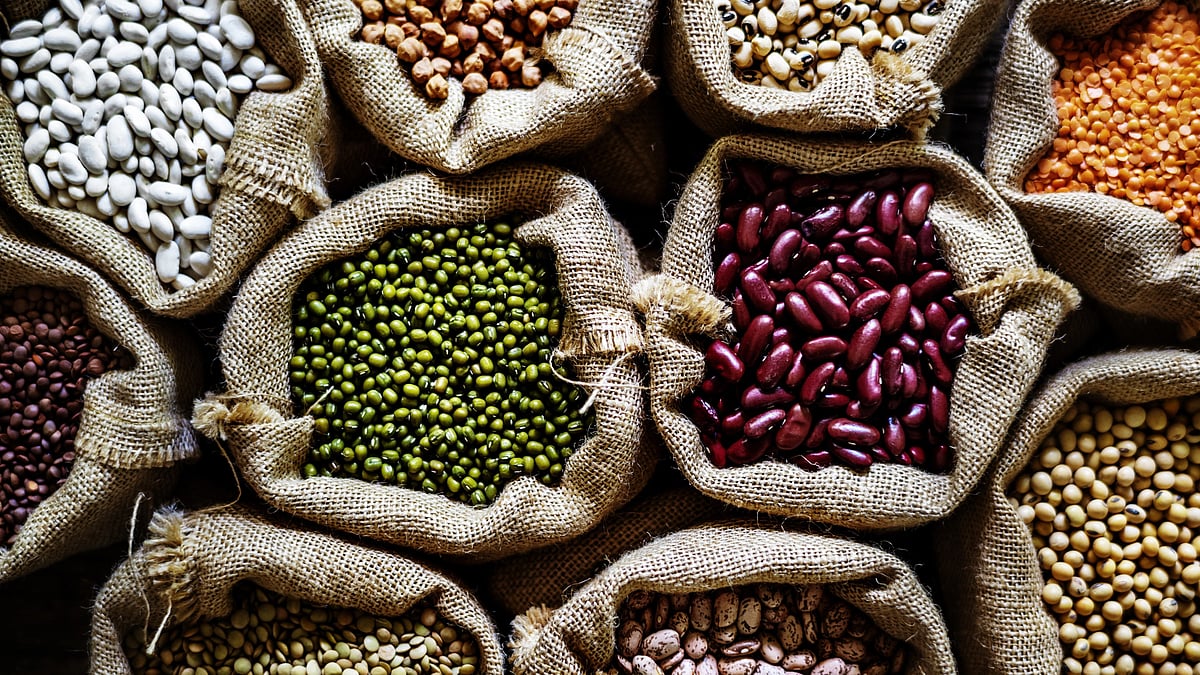World pulses day: 5 Fascinating facts about pulses
It is a yearly global event designated by the United Nations to recognise the significance and nutritional benefits of pulses (also known as legumes).

Pulses, also known as legumes, refer to the edible seeds of pod-bearing plants, such as dry peas, dry beans, lupins, lentils, and chickpeas.
But did you know that this little wonder food has its own day? It is known as "World Pulse Day."
In 2019, the UN General Assembly proclaimed February 10 as 'World Pulses Day.' It is a yearly global event designated by the United Nations to recognise the significance and nutritional benefits of pulses (also known as legumes).
This is an effective strategy for achieving the UN 2030 Agenda for Sustainable Development, which aims at strengthening global peace and enhancing food security.
By definition, pulses strictly comprise dried seeds of leguminous plants cultivated for food and exclude vegetable crops harvested while still green. Their seeds are loaded with essential nutrients such as fiber, protein, vitamins, and minerals, making them important and healthy superfoods.
While pulses exist in various shapes, varieties, sizes, and colors and remain a large part of dishes from across the world, the most popular and widely-consumed types of pulses are dried beans, peas, and lentils.
5 Fascinating facts about pulses
1. India is the largest producer of pulses in the world, producing over 23 million metric tons and accounting for 25% of global production.
2. Pulses are rich in fermentable fiber and may help reduce the risk of obesity, constipation, and colon cancer.
3. Pulses contain galactans, which cause bloating and gas, and may sometimes be responsible for stomach discomfort.
4. Unlike other crops requiring large volumes of water for production, it takes just 43 gallons of water to produce a pound of pulses!
5. The most widely cultivated pulses in Africa include cowpea, common beans, groundnuts, pigeon pea, chickpea, and soybean.
RECENT STORIES
-
-
-
-
-